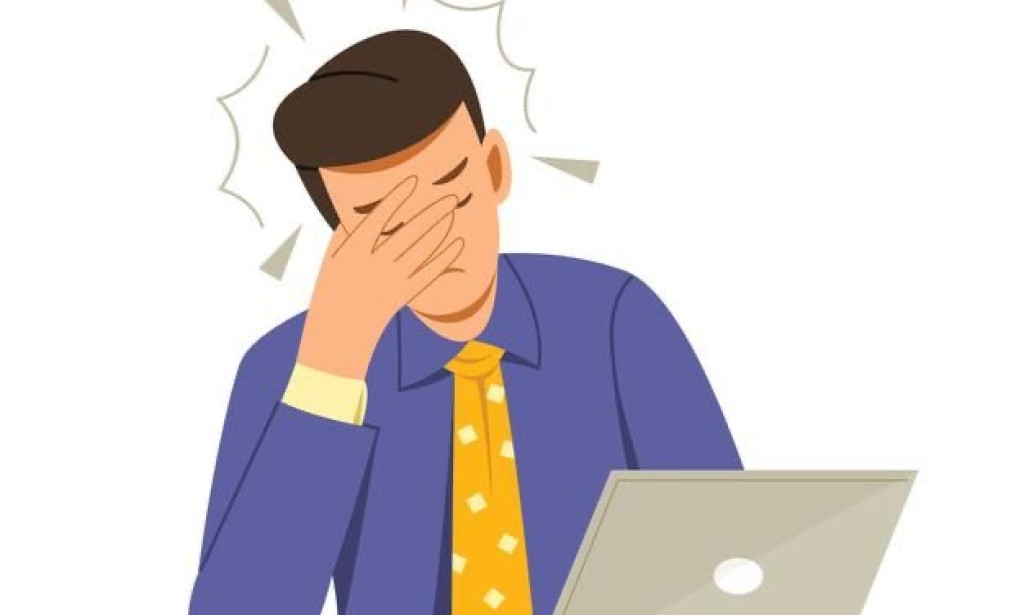We live in a world where every app is fighting for your attention — sending push notifications, email reminders, and algorithmically curated “urgent” content designed to keep you scrolling. But what if there was an app that paid you not to look at any of it?
That’s the promise of NoScrollCash, an app that claims it will give you real money if you stay off social media for an entire 24-hour period. No Instagram. No TikTok. No X (Twitter). No Facebook.
I decided to test it. Spoiler: It was harder than I thought… but also strangely rewarding in ways I didn’t expect.
The Premise: Get Paid to Stay Offline
The idea is deceptively simple:
- Download NoScrollCash.
- Link it to your phone’s screen time tracker.
- Select the social media apps you want to “lock out” for 24 hours.
- Earn money if you don’t open them until the timer expires.
The app tracks your phone activity through:
- Android/iOS usage logs.
- Background app monitoring.
- “Temptation tests” — sending fake notifications to see if you’ll open them.
If you succeed, you get paid. If you fail — even once — the payout for that session drops to zero.
My First Reaction: This Is a Trap, Right?
When I read the rules, I was suspicious. It felt like one of those “digital detox” challenges but with a financial twist. The payout chart looked like this:
- $5 for avoiding all linked apps for 24 hours.
- $10 if you also avoid visiting their web versions.
- $15 for passing “temptation tests.”
At first glance, that seemed too generous for just… not scrolling. But then I realized: this is market research gold for advertisers who want to know how people react when they can’t see ads.
The Sign-Up
Creating my account took about 3 minutes. I had to:
- Give my phone permission to track app usage.
- Select the apps I wanted to block.
- Link my PayPal account for payouts.
I chose to block Instagram, TikTok, and Twitter — my three most used apps. Immediately, the app flashed a timer: “24 hours begins now. Good luck.”
Hour 1: Easy… Right?
The first hour was a breeze. I was busy making coffee, checking emails, and pretending to be a person who doesn’t need constant dopamine hits from a glowing rectangle.
Then my phone buzzed with a fake Instagram DM notification. I almost tapped it before I remembered: one slip, and I lose the day’s earnings. I put my phone face-down.
Hour 3: The Phantom Vibration
By hour three, I was already reaching for my phone out of habit. I’d unlock it, swipe to where Instagram usually sits, then stop myself.
The app sent me a little message: “Still going strong. You’ve avoided 16 temptations so far.” Sixteen! I didn’t even realize I’d tried that many times.
Hour 6: The “Temptation Test” Intensifies
At the six-hour mark, NoScrollCash sent me a push notification:
“Someone mentioned you in a viral TikTok video — click to see!”
It wasn’t real. Just part of the challenge. I knew that logically, but my brain screamed, What if it is real? This is the same pull that keeps people addicted to social media — the fear of missing out.
Why This Is So Hard
Humans are wired to seek novelty and social validation. Social media exploits that with:
- Variable rewards — you never know if the next scroll will bring a funny meme or bad news.
- Personal relevance — notifications make you feel targeted and important.
- Habit loops — opening an app becomes automatic.
NoScrollCash forces you to break those loops for 24 hours.
Hour 10: Boredom and Liberation
Without social media, I found myself doing things I hadn’t done in ages:
- Reading an actual paperback book.
- Cooking a real meal instead of ordering takeout.
- Having a two-hour phone call with a friend.
It was weirdly liberating, but I also kept wondering how many memes I was missing.
Hour 14: Real Life FOMO
Friends were talking in a group chat about a trending challenge on Instagram. I couldn’t check it, and the conversation felt like hearing the end of a joke without the setup.
NoScrollCash’s little “Progress Bar” showed I was at 58% completion. I wasn’t going to ruin it now.
Hour 18: The Sleep Temptation
I thought sleeping would make the last stretch easier. Nope. I woke up in the middle of the night, reached for my phone, and my half-asleep brain tried to open Instagram. Luckily, the app’s lock screen popped up saying:
“You’re 6 hours away from $15. Stay strong.”
That was enough to snap me back.
Hour 24: Victory (and a Lesson)
When the timer hit zero, NoScrollCash sent a confetti animation and transferred $15 to my PayPal. I’d passed every temptation test.
But more than the money, the real prize was realizing how much of my day I’d been giving to apps without thinking.
Day 2: Trying Again (and Failing)
I decided to run the challenge again the next day. I failed at Hour 7 when I instinctively opened Twitter after seeing a “breaking news” push notification. The app deducted the day’s payout to $0 instantly. Brutal, but fair.
The Science Behind It
Apps like NoScrollCash have a legitimate research purpose. They work with:
- Digital wellbeing labs studying withdrawal effects from social media.
- Behavioral scientists analyzing temptation resistance.
- Marketers learning what makes notifications irresistible.
My data (when I was tempted, how I reacted) is part of a bigger picture.
Can You Make a Living Off This?
No — the app caps payouts at $100/month for free users and $200/month for premium ($9.99/month). But as a side hustle, it’s real money for something that could actually improve your life.
✅ Sources
- NoScrollCash Official Website — https://noscrollcash.app
- “How Social Media Hijacks Your Brain,” Psychology Today, March 2025 — https://psychologytoday.com/social-media-brain
- “Digital Detox and Productivity Gains,” MIT Sloan Management Review, 2024 — https://mitsloanreview.com/digital-detox
- User experiences from r/DigitalMinimalism — https://reddit.com/r/DigitalMinimalism
- “Behavioral Science in App Design,” Wired Magazine, April 2025 — https://wired.com/app-design-behavior
The Funny Side
Some users on the app’s forum share stories of extreme temptation. One guy admitted he deleted Facebook entirely just to win the challenge every day. Another taped his phone to a ceiling light fixture so he couldn’t reach it without a ladder.
My Takeaways
- The challenge is way harder than it sounds.
- The payout is real — I was paid within 24 hours.
- The side effects (less anxiety, better sleep) are just as valuable as the money.
Would I do it again? Absolutely. But maybe not every day — the FOMO is real.
✅ Sources
- NoScrollCash Official Website — https://noscrollcash.app
- “How Social Media Hijacks Your Brain,” Psychology Today, March 2025 — https://psychologytoday.com/social-media-brain
- “Digital Detox and Productivity Gains,” MIT Sloan Management Review, 2024 — https://mitsloanreview.com/digital-detox
- User experiences from r/DigitalMinimalism — https://reddit.com/r/DigitalMinimalism
- “Behavioral Science in App Design,” Wired Magazine, April 2025 — https://wired.com/app-design-behavior



You must be logged in to post a comment.